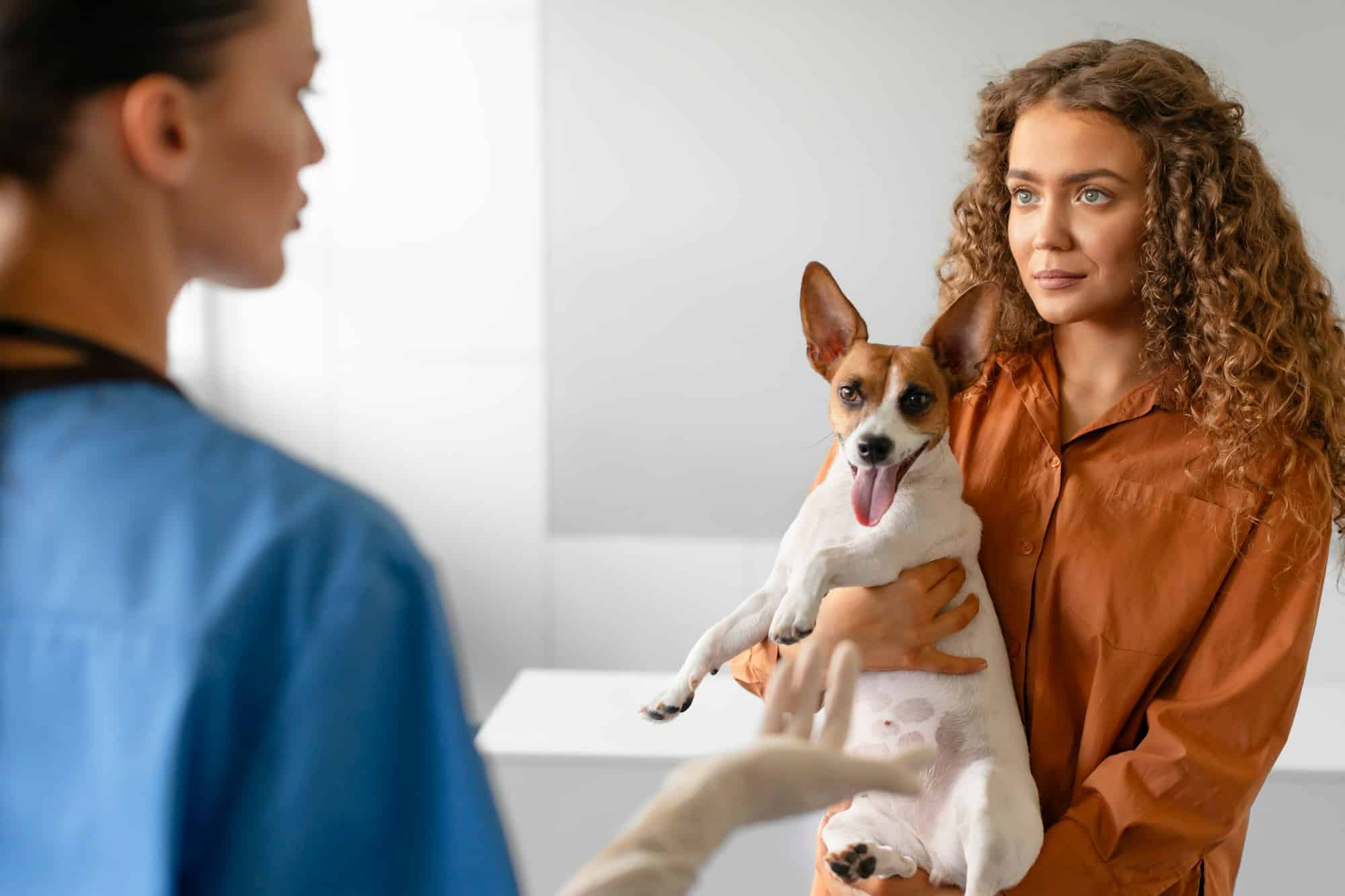What Are the Best Practices for Caring for a Pet with Special Needs?

If you’re the proud parent of a pet with special needs, you’re part of a brave and dedicated group of individuals committed to providing the best care for these beautiful creatures. Dogs or any other pets with disabilities may require extra care but their love and companionship can be quite rewarding. As you navigate this journey with your special needs pet, it’s important to remember that they’re not defined by their disability. They’re simply animals with a different set of needs.
Understanding the needs of your special needs pet
Just like humans, pets with disabilities come with their own set of unique needs. Understanding these needs is the first step in providing the best care for your pet. Be it a dog living with arthritis, a cat with diabetes, or a bird with a vision impairment, every pet’s condition will require a unique approach to their care. Therefore, it’s crucial to work closely with your veterinarian or a specialist who understands these unique needs and can provide tailored advice.
Sujet a lire : How to Safely Navigate Off-Leash Areas with Your Dog?
To ensure you’re equipped with the right knowledge, make sure to ask your vet or specialist questions about your pet’s disability, and how it might affect their daily life. You should also enquire about the best diet, exercise regimen, and health checks for your pet. This will help you develop a comprehensive care plan that suits your pet’s needs and lifestyle.
Providing an accommodating home
The environment where your pet lives plays a significant role in their general wellbeing. For pets with disabilities, certain adjustments may be needed to ensure they can move around comfortably and safely. For example, if your dog has mobility issues, you might need to install ramps to help them navigate stairs. For pets with vision impairment, keeping their food and water bowls, as well as their bed, in the same place will help them find these essentials with ease.
A lire également : What Are the Most Effective Ways to Combat Pet Odors in Your Home?
It’s also vital to keep their living environment clean and free from hazards that may harm them. Regular cleaning and organizing can prevent accidents and keep your pet safe. Always remember, their comfort and safety should be your paramount concern.
Regular health checks
Keeping tabs on your pet’s health is a crucial part of caring for any animals, but it’s even more important when dealing with pets who have special needs. Frequent vet visits will ensure their condition is managed correctly and any changes in their health are addressed as soon as possible.
Regular health checks will help to monitor your pet’s progress and allow the vet to make necessary changes to their treatment plan. It also provides an opportunity for you to ask any questions and get expert advice. Lastly, remember that preventative care such as vaccinations and parasite control, are still essential for pets with special needs.
Physical and emotional care
Physical and emotional care is equally important when looking after a pet with special needs. Depending on their disability, your pet may need specialized exercise or physical therapy. For example, dogs with arthritis might benefit from hydrotherapy, while those with paralysis may require specific physical therapy exercises.
On the emotional side, it’s important to remember that pets with disabilities can become anxious or stressed more easily. Spend quality time with your pet and provide them with plenty of love and attention. This can go a long way in making them feel safe and loved.
Working with service animals and the ADA
If your pet’s disability is severe, you might find it beneficial to consider a service animal. Service dogs are trained to assist pets with disabilities, much like they do for humans. Under the American Disabilities Act (ADA), service animals are allowed in most public places where pets are generally prohibited.
However, it’s crucial to remember that service dogs are not pets. They are trained to perform tasks for people (or pets) with disabilities. As such, they should not be distracted while working.
In conclusion, caring for a pet with special needs can be a rewarding but challenging responsibility. It may require a lifestyle adjustment, but with the right knowledge and resources, you can provide your pet with the love and care they deserve. No matter their disability, pets with special needs are still capable of living a happy and fulfilled life, and they can bring immense joy and companionship into yours.
Lifestyle adjustments for senior pets with disabilities
Senior pets with disabilities may experience changes in their lifestyle, and as their caregiver, adapting to these changes is essential. It’s important to note that a disability in older pets does not equate to a lower quality of life. With the proper care and support, they can continue to live fulfilling lives.
For instance, if you have a senior dog with arthritis, you may need to adjust your exercise regimen to accommodate their reduced mobility. Short, gentle walks can be more suitable than long, strenuous ones. In addition, consider incorporating physical therapy into their routine to help alleviate pain and improve mobility.
Additionally, senior pets may experience dietary changes. As a pet ages, their dietary needs can shift, and a dog with a disability may require a more specialized diet. Always consult with your veterinarian or a nutritionist to ensure your pet is getting the right nutrients in their diet. Ensuring your pet has a balanced and nutritious diet can help manage their condition and maintain their overall health.
For pets with vision or hearing loss, their environment may need to be adjusted to accommodate their disability. This could mean keeping their food and water bowls in the same place or using scent cues or noises to help them navigate their surroundings. Remember, the adjustment period can be stressful for both you and your pet. So be patient, and provide plenty of emotional support to help them adapt to these changes.
The benefits of a service dog for your disabled pet
In some cases, you might find it beneficial to consider a service dog for your disabled pet. A service dog is a canine that has been specifically trained to assist people, or in this case, animals, with disabilities. They can provide support in a variety of ways, from helping pets with mobility issues move around to alerting owners when their pet is in distress.
Service dogs are protected by the Americans with Disabilities Act (ADA), which allows them to accompany their handlers in most public places where pets are typically not allowed. This can be greatly beneficial for you and your disabled pet, as it ensures they never have to be without the support they need.
However, it’s important to remember that a service dog is not a pet but a working animal. They’re trained to perform specific tasks and should not be distracted while performing these tasks. If you decide to work with a service dog, be prepared to respect their role and ensure they’re able to perform their duties without distractions.
Conclusion
Caring for a pet with special needs can be a unique, rewarding experience. While it may present challenges, with patience, understanding, and the right resources, you can ensure your pet lives a comfortable and fulfilling life. Remember to regularly consult with your veterinarian, provide a safe and accommodating environment, and consider the potential benefits of working with service animals. Disabilities do not define our pets; their spirit and individuality do. So, whether you have a senior dog with arthritis or a cat with vision impairment, always remember that your love and care can make all the difference in their lives.
